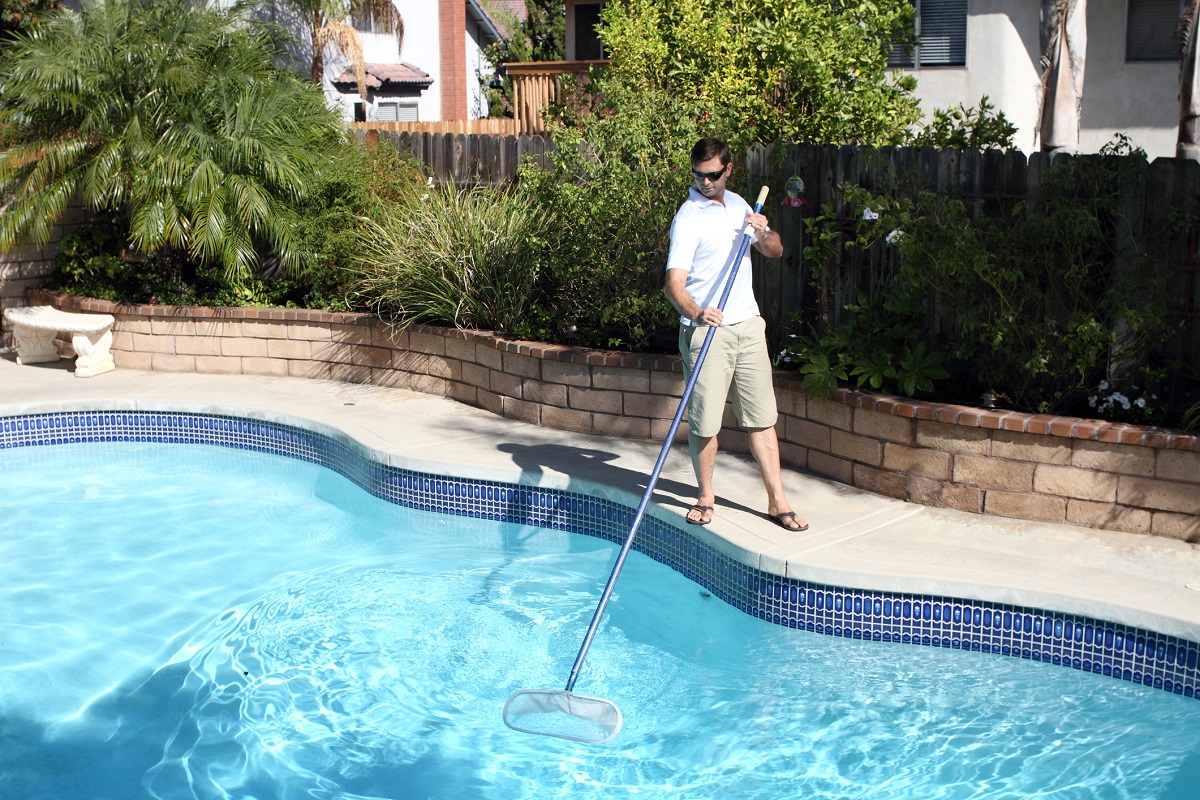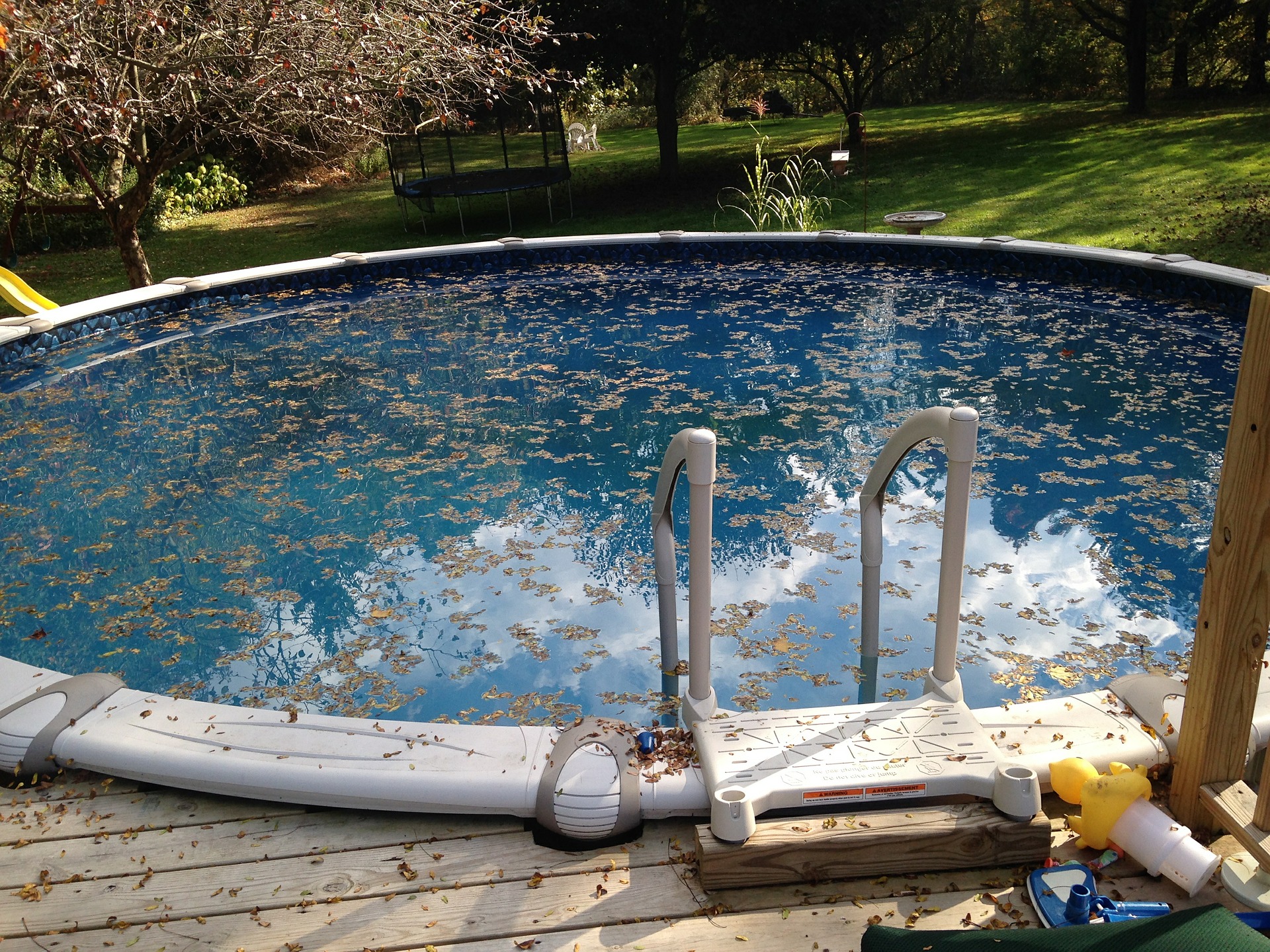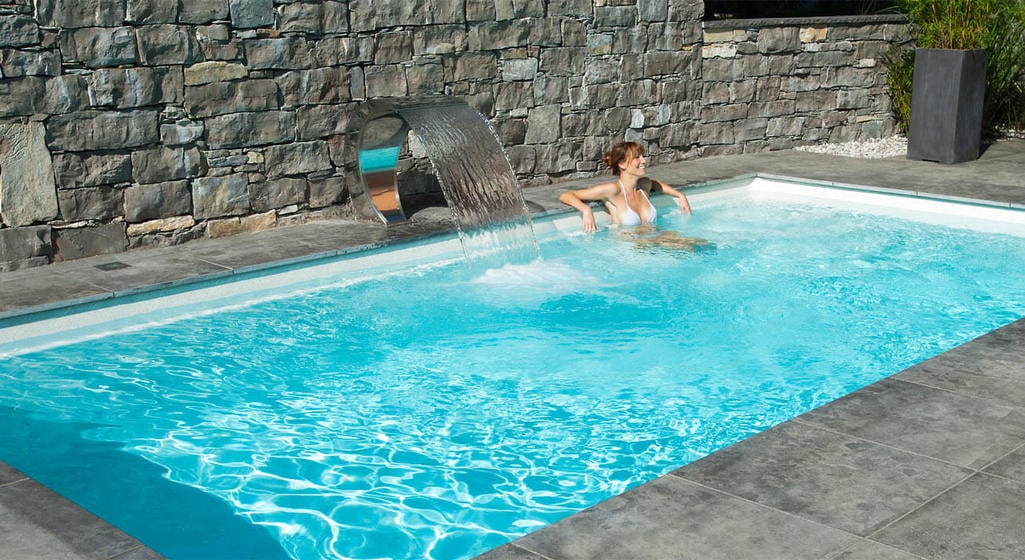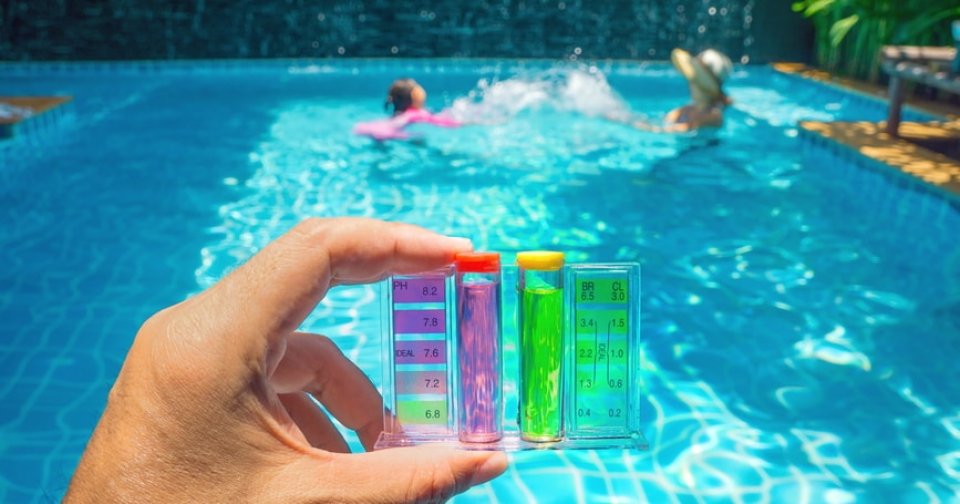Do you have a pool at home? How to maintain a pool that is sparkling clean and safe for you and your family!

Despite the ongoing threat from Covid-19, public water sites have opened in various parts of the country. Why? According to the Centers for Disease Control and Prevention, there is no evidence that the virus that causes Covid-19 can be transmitted to people in pools, spas, or water / spray parks. In addition, proper management of these locations, including disinfecting the water with chlorine or bromine, should inactivate the virus if it is present.
This is good news for operators of water systems and pool owners, as well as for people who like to cool off in the water to withstand the heat and relax without worrying about the possibility of infection with a deadly virus. However, pool operators and owners are advised to take measures to ensure the health and safety of those who will use their facilities and pools. This includes ensuring water quality and safety as well as compliance with the approved guidelines for cleaning and disinfecting community facilities. Aside from health and safety precautions, pools should also be serviced regularly and minor problems fixed in time. This saves pool owners and operators time and money.
Pool maintenance
According to home instructions, pool owners and operators can keep their facilities clean with three simple and practical tips:
Fly over regularly
Pools should be scanned regularly, even on days when the pool is not in use. How often? It depends on how much dirt normally falls into your pool. Pool owners should check the skimmer basket every time the leaf rake is used. Do not let it overflow and do not sit with dirt on the top for hours as this leads to poor water circulation and algae gives the opportunity to grow.

Brush and vacuum
Some pools only need to be vacuumed weekly, while others need to be done every other day. How often the pool needs to be vacuumed and its sides brushed depends on how often the pool is used. If leaves or other debris can be seen on the bottom of the pool, this also means that it must be vacuumed off.
Test the water
The pool water must be tested at least two to three times a week. If it has been used frequently, the water should be tested every day. Pools that are used more often are more exposed to chemical imbalance than pools that are used less often.
Likewise, sunscreen, tanners and other chemicals increase the chemical content in the pool water when more people use the facility. Pool water can be tested by measuring its acidity and basicity or pH. the amount of dissolved calcium in the pool water; Maintaining a total alkalinity of 120-150 ppm (parts per million); and the presence of copper, iron and manganese.
pH values
Schwimmbad.com stated that pool water and equipment corrosion could occur if the pool water was acidic. However, if the pH is basic, the pool is at risk of deposits, deposits and cloudy water. It is ideal to maintain a pH of around 7.5. A chemical increase or decrease can be used to adjust the pool levels as needed.

Calcium hardness
Low levels of calcium hardness cause gypsum etching and shorten the life of vinyl liners, while high levels of calcium lead to calcium deposits on pool surfaces and equipment. The suitable range for calcium hardness in pool water is 200 to 250 ppm for concrete pools and 175 to 225 ppm for vinyl pools.
Total alkalinity
Apart from a stable pH value, the overall alkalinity of the swimming pool should be kept at 120 to 150 ppm. A low overall alkalinity not only leads to pH jumps and fluctuations, but also to corrosion and staining. On the other hand, a high total alkalinity leads to cloudy water and deposits and leads to fluctuations in the pH value.

Metals
The presence of copper, iron and manganese, which are the most common types of metals found in pool water, can contaminate the surface of the pool and discolor the water. Stain and scale remover can be used regularly if the above metals are present in the pool.
Pool pumps
Aside from water testing, skimming, brushing, and vacuuming, pools can be cleaned by installing a pump that keeps the pool water moving and pushes it through the filter to remove dirt, leaves, and debris. The pool pump not only requires a lot of work, but also keeps the water clean and clear and prevents labor-intensive maintenance later. While the maintenance of the swimming pool is a must for every pool operator and owner, precautions for health security should still be taken, especially since the danger of the pandemic is not over yet.
Handrails, deckchairs, table tops, door handles, toilet surfaces and other common objects should be cleaned and disinfected daily. Hand hygiene and breathing labels should be promoted and adequate supplies such as soap, hand sanitizer, alcohol, paper towels, handkerchiefs and non-contact trash can should be easily accessible.




